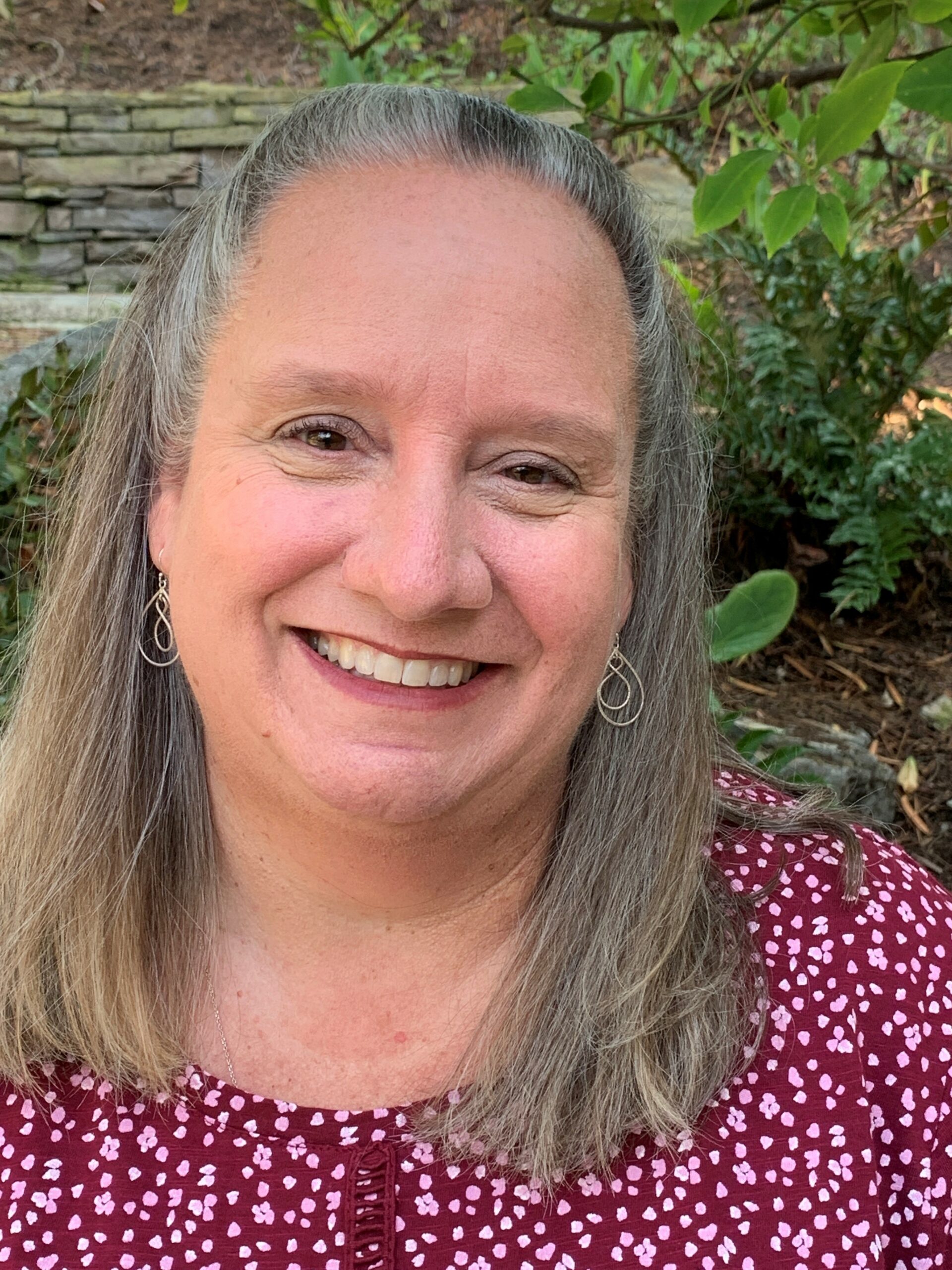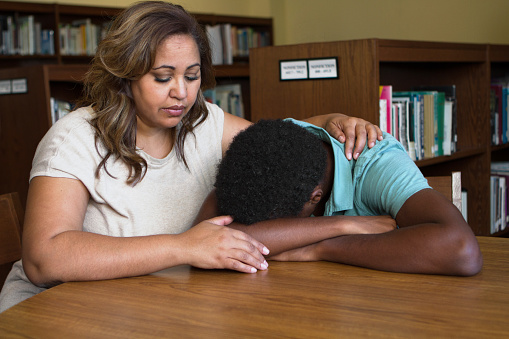Do you have a child who says they’re bored all the time? Do they get angry when their sibling touches them while playing a video game? Are they on their phone constantly, seeking mental stimulation? Your child may have Sensory Processing Disorder (SPD).
Their brain has trouble filtering, organizing and interpreting information taken in as too much or too little stimulation for their senses. This can create a reaction to bright lights, noises, smells, tastes, textures and movements. Their behavior isn’t a choice, it’s a reaction to how their brain responds.
So, what do you do for your child who struggles with SPD? As most children mature, they learn to manage sensory input. If they need movement, they play sports. If they’re sensitive to sounds, they avoid noisy places. Until they learn self-management, you may not know what to do when your child with SPD is having a rough day.
Here are some suggestions:
- Allow sensory breaks
Give them permission to move around or fidget during homework. Create a quiet environment when they are overstimulated.
- Be sensitive to their sensitivities
For example, if they are sensitive to certain smells like lotions, colognes, or perfumes, ask friends and family to be sensitive to your child as they might be overwhelmed by aromas.
- Your child is not broken
Many are diagnosed with SPD. God created them different and unique. They feel, see or hear things differently than others.
- Negative behavior may be sensory seeking
Your child may do something impulsive or misguided. Something they can’t control. Responding negatively and reprimanding your child for a bad choice can make them feel isolated and alone. Explore with them what other choice could have been made to get a better result.
Pray for your child:
“Lord, please give me strength and courage as I support my child with SPD. We know we can rejoice in our suffering and shortcomings, as they will produce endurance, character, and hope. Give me patience when I don’t understand, and the compassion I need to lead my child through their times of struggle. Thank you for choosing me to be their parent. In Jesus name, Amen.”
If you would like to hear more about this topic, CLICK HERE
Author
-

Amy Kendall is the Next Gen Disabilities and Mental Health Pastor at Saddleback Church and has been on staff there since 2007. Before working at Saddleback, she worked for 10 years in the educational sector as a behavior specialist, specializing with children on the autism spectrum. Amy graduated from Pacific Christian College with her BA in Ministry and from Hope International University with her MA in Marriage, Family, Child Counseling. Amy was recently on the board of the Disability Ministry Conference as their vice president and speaks often in regards to disability ministry. Amy also has a teenage son with multiple disabilities and mental health struggles and believes that she is a better pastor because she gets the blessing to be his mom.






